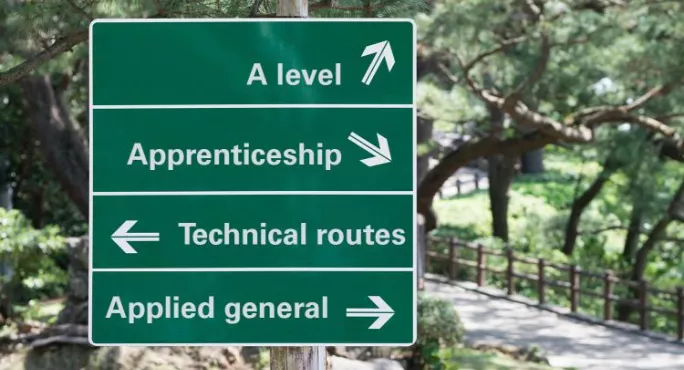The “cycle of churn” in the further education sector has to be broken if the government’s goals for post-16 education are to be realised, according to a new report.
The scale of change had been significant, according to the authors of All Change, published by the Institute for Government today. “In fact, some have suggested it has been subject to the fastest changing set of institutional arrangements in the developed world,” it adds.
The report calls for a more managed process of learning and adaptation, and a focus on creating and sustaining the apparatus for self-improvement in the FE sector, where the strengths of previous systems are understood and built upon and institutions are given time to perform.
Further education is ‘complex and changeable’
”Instability in the further education sector has made the FE landscape complex and changeable”, stress the authors, who argue that the further education sector has been defined by “more or less continuous change” over the past three decades. Since the early 1980s, there have been 28 major pieces of legislation related to vocational, FE and skills training, six different ministerial departments with overall responsibility for education, as well as 48 secretaries of state with relevant responsibilities, according to the report.
Among the reasons for these changes, it suggests, are competing and often conflicting ideas about what the sector is for, the high level of discretion that ministers have to make changes to the system, organisations not being given time to bed in and make progress on reforms, and poor levels of institutional memory in Whitehall.
“The instability in the sector has created a complex and changeable landscape for its users and providers,” the authors claim, adding that currently 16- to 24-year-olds are presented with a variety of pathways and programmes of different lengths and levels, leading to qualifications with different values in the labour market, provided by organisations of varying quality.
The degree of choice varies from one geographical area to another, the report adds: “As some commentators have quipped of the resulting landscape of post-compulsory education and training provision: if you are not confused by it, then you have not understood it.”
It goes on to explain that the landscape is set to change again with the introduction of T levels - “although this time commentators seem hopeful about the possibility of simplification and a stronger link to jobs actually being achieved”.
Want to keep up with the latest education news and opinion? Follow TES FE News on Twitter, like us on Facebook and follow us on LinkedIn





